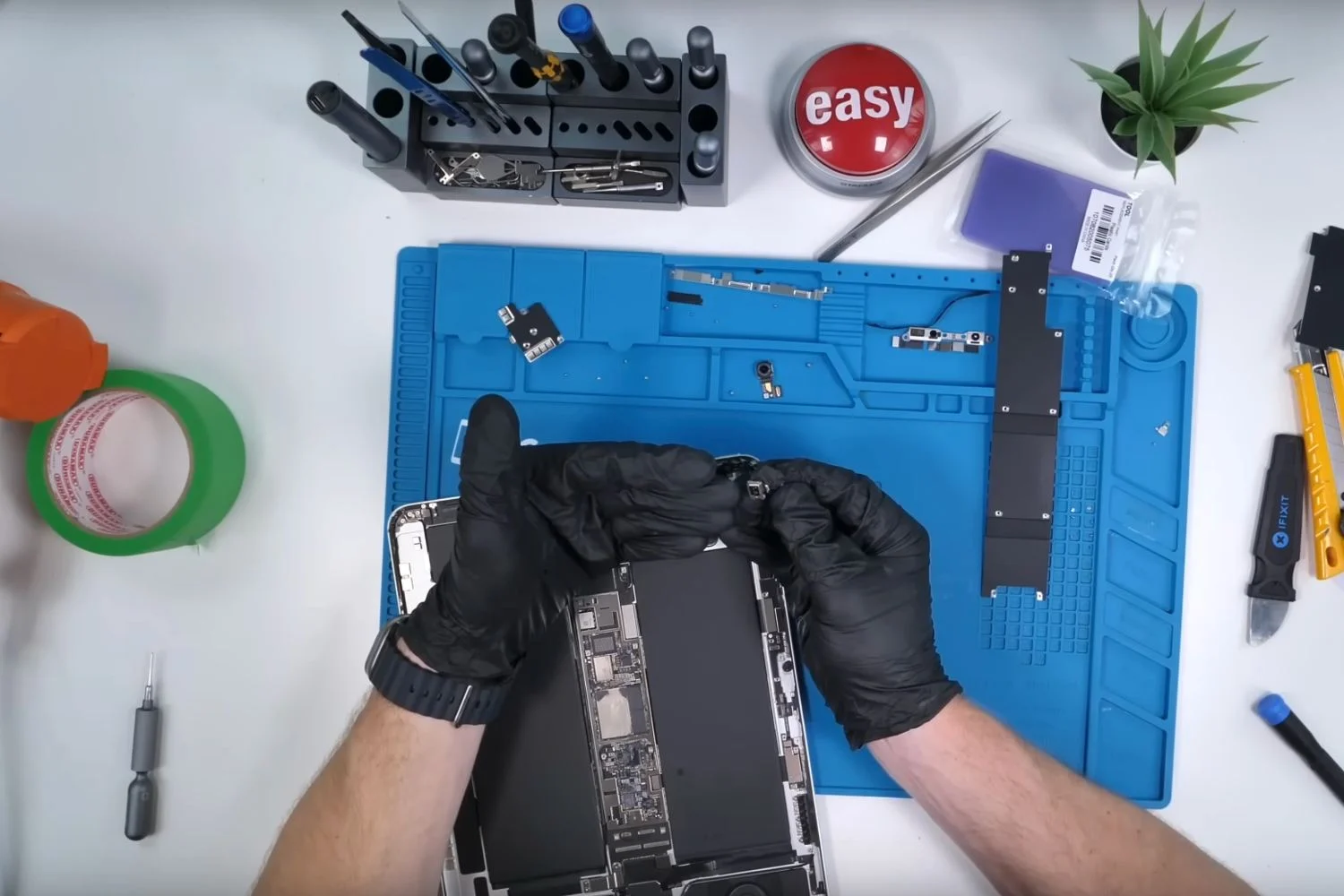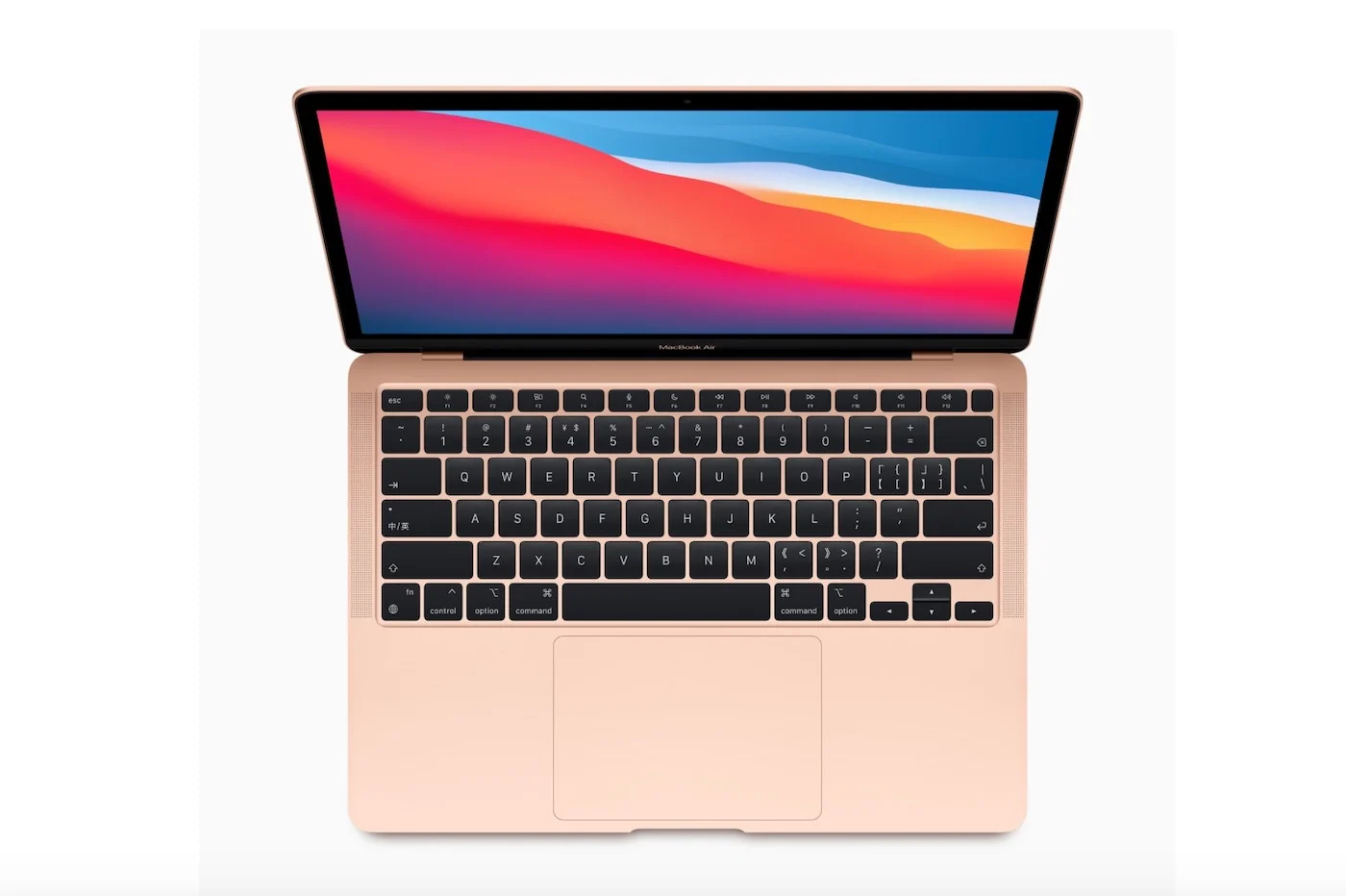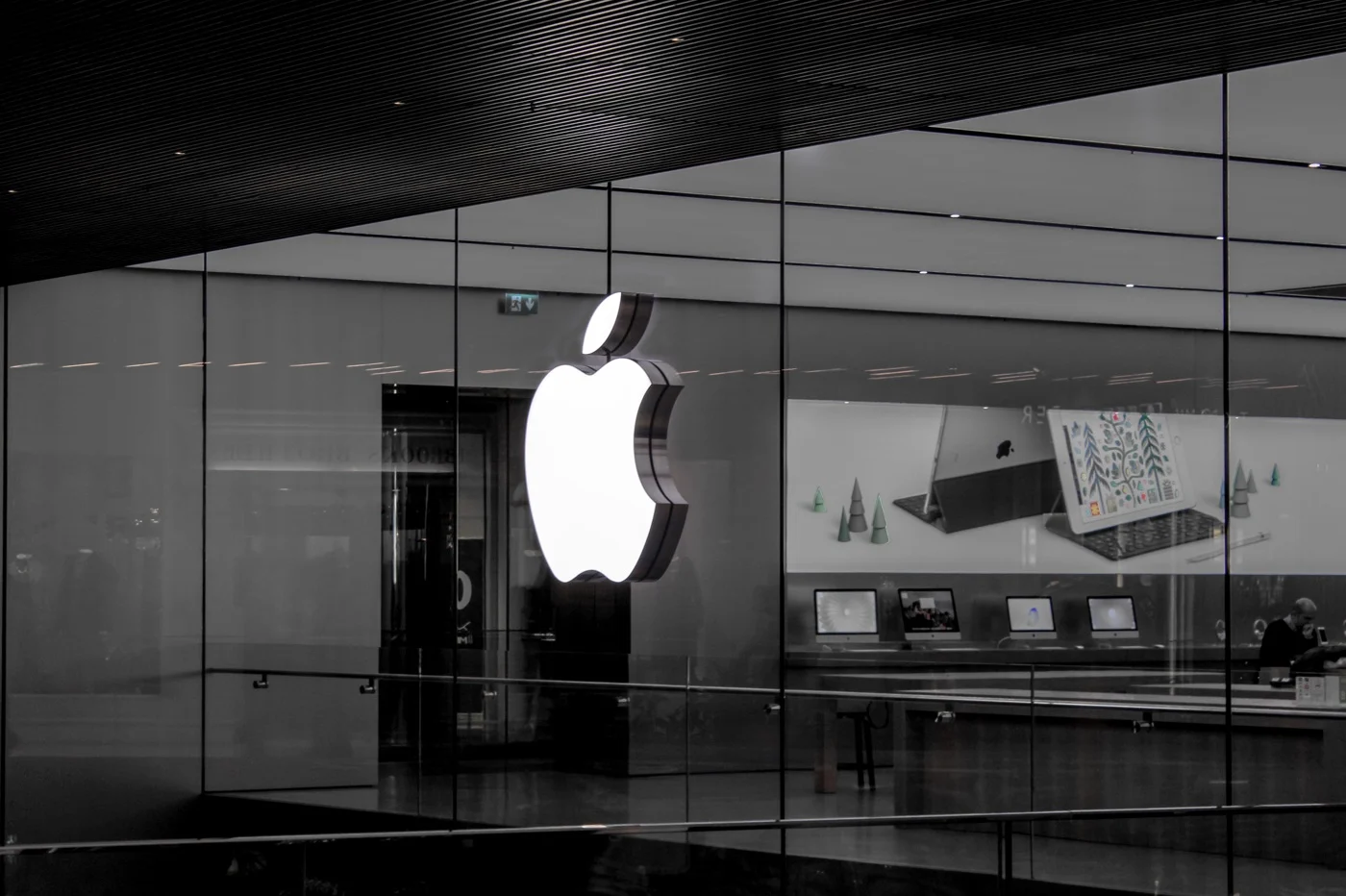A recent announcement from Amazon ensures that Matter support will soon come toseventeen Echo speakers. As a reminder, Matter is a standard that promotes the interoperability of connected objects without having to have a connection to the cloud. A sort of local network based on Wi-Fi and the Thread standard, in which Apple, Google and even Samsung, Eve collaborateand even the manufacturer Ikea. This therefore opens the door to HomeKit compatibility, if Cupertino does not veto it.
The new Amazon products that will be eligible for Matter are as follows:
- Echo Dot (fifth generation)
- Echo Dot (fifth generation) with clock
- Echo Dot (fourth generation)
- Echo Dot (fourth generation) with clock
- Echo Dot (third generation)
- Echo Dot (third generation) with clock
- Amazon Echo (fourth generation)
- Amazon Echo (third generation)
- Echo Studio
- Echo Show 10 (third generation)
- Echo Show 8 (second generation)
- Echo Show 8 (first generation)
- Echo Show 5 (second generation)
- Echo Show 5 (first generation)
- Echo Input
- Echo Flex
- Echo Plus (second generation)
First for Android
According to Amazon, only smartphones running Android will be supported to begin with. This therefore means that you will not be able to immediately benefit from it on iPhone: to do this, you will have to wait until2023. The precise deployment date is not known at this time.
When Matter arrives on the relevant Amazon Echo, users will then be able to use their smart speaker to control their compatible bulbs, switches or even sockets. We think in particular of the case ofLight Switch, updated recently for the occasion. Alexa, Amazon's voice assistant, is already relatively good when it comes to getting quick and clear answers. Siri, for its part, allows you to interact with your HomeKit home automation installations via HomePod orle HomePod mini.
A delay because of iOS?
The delay in iOS support in this case can be explained because theconditions of use of Apple systems are a little more respective. The App Store is also quite famous for not making life easy for third-party developers, favoring the Apple firm's software as much as possible, sometimes to the detriment of the competition. This has even challenged legislators, who suggest investigating such practices, which may be anti-competitive.






